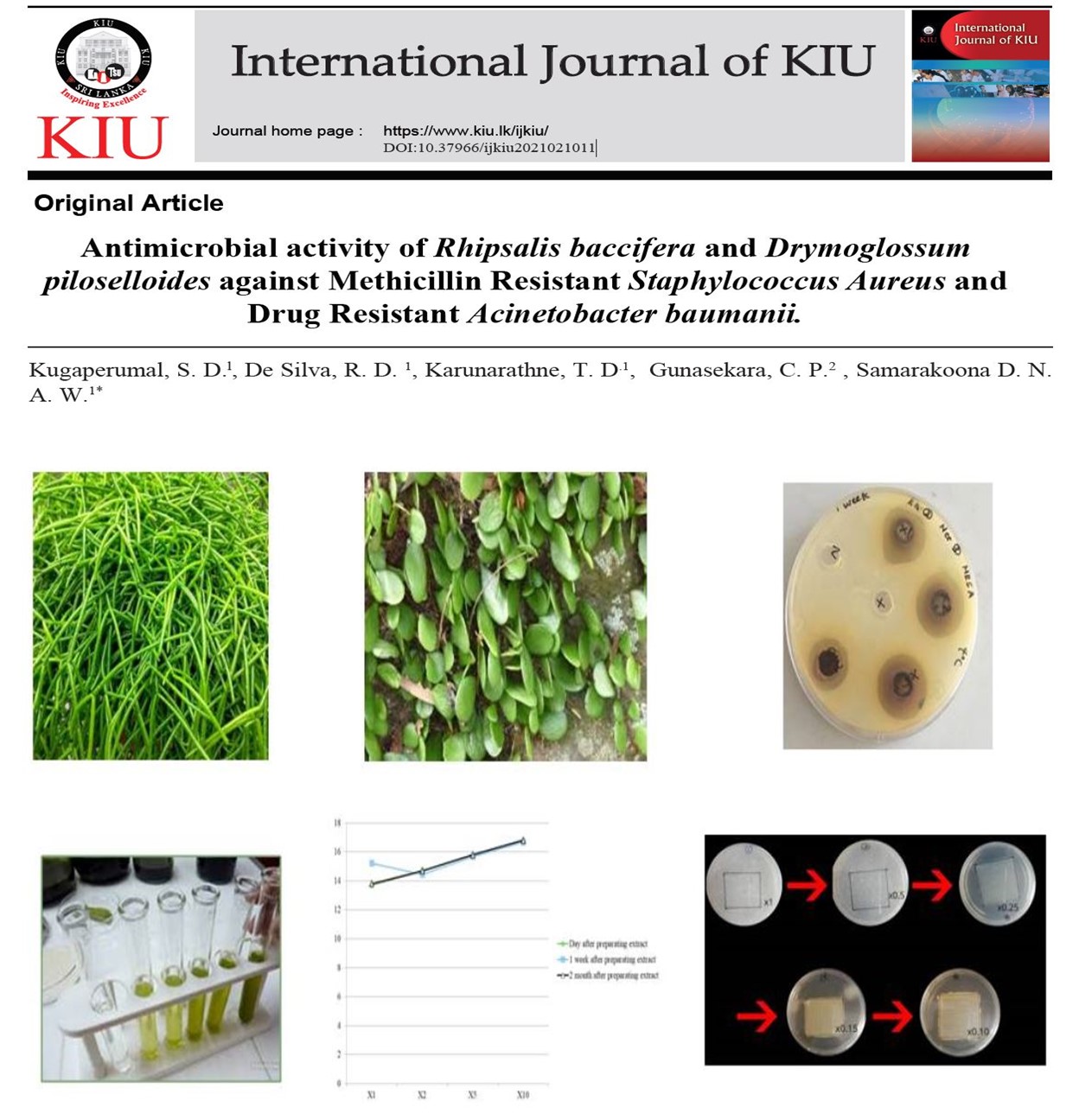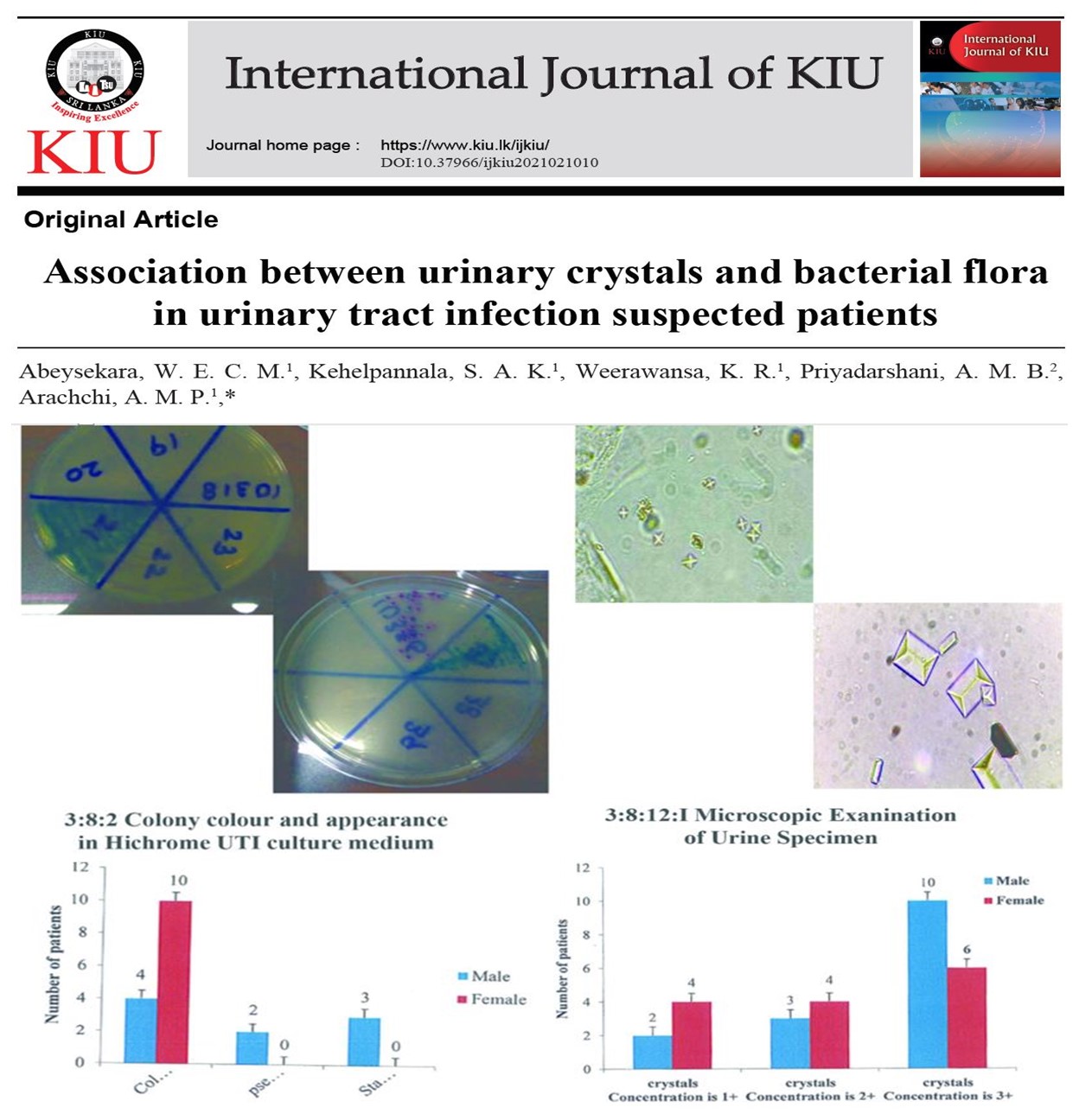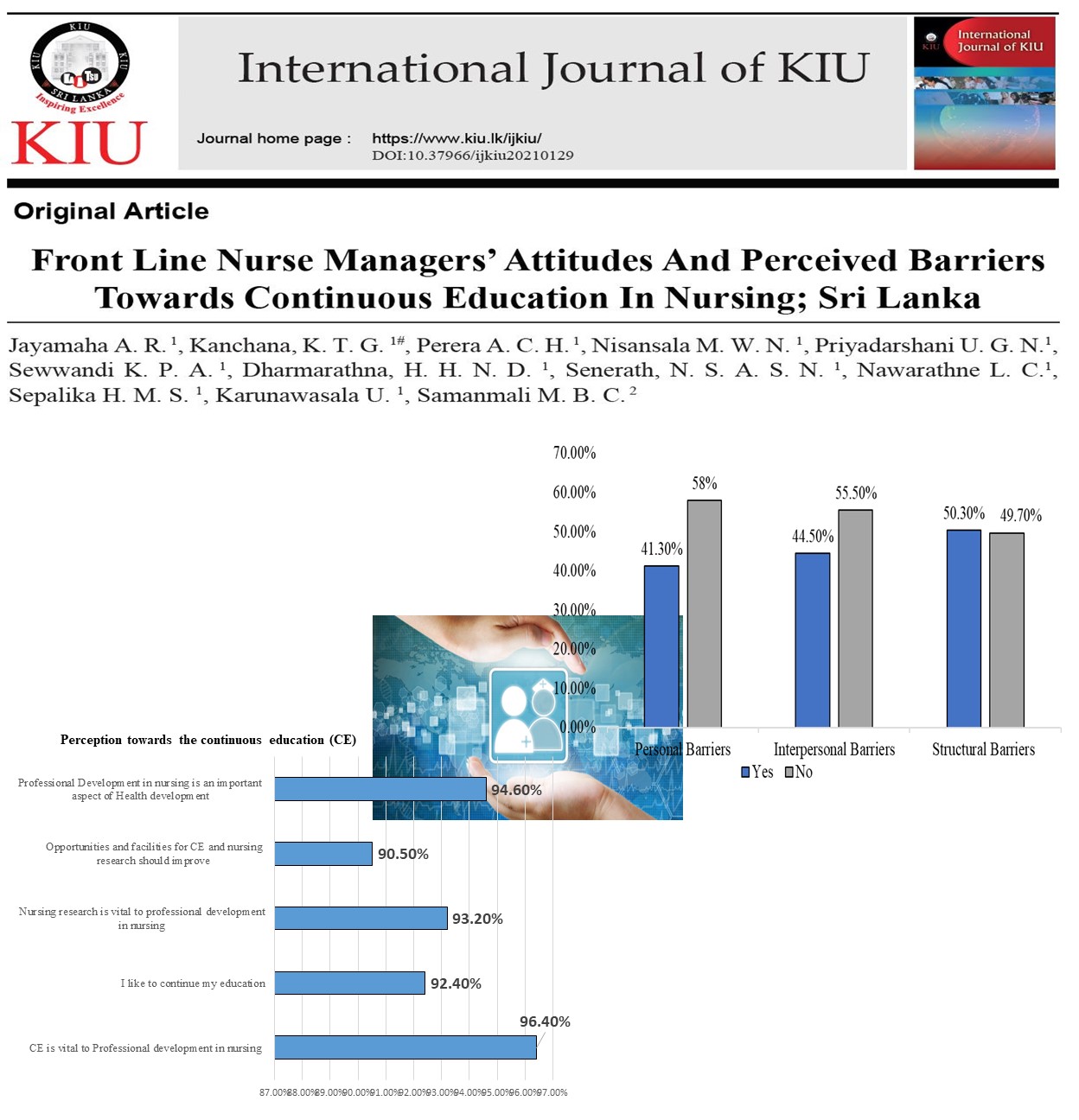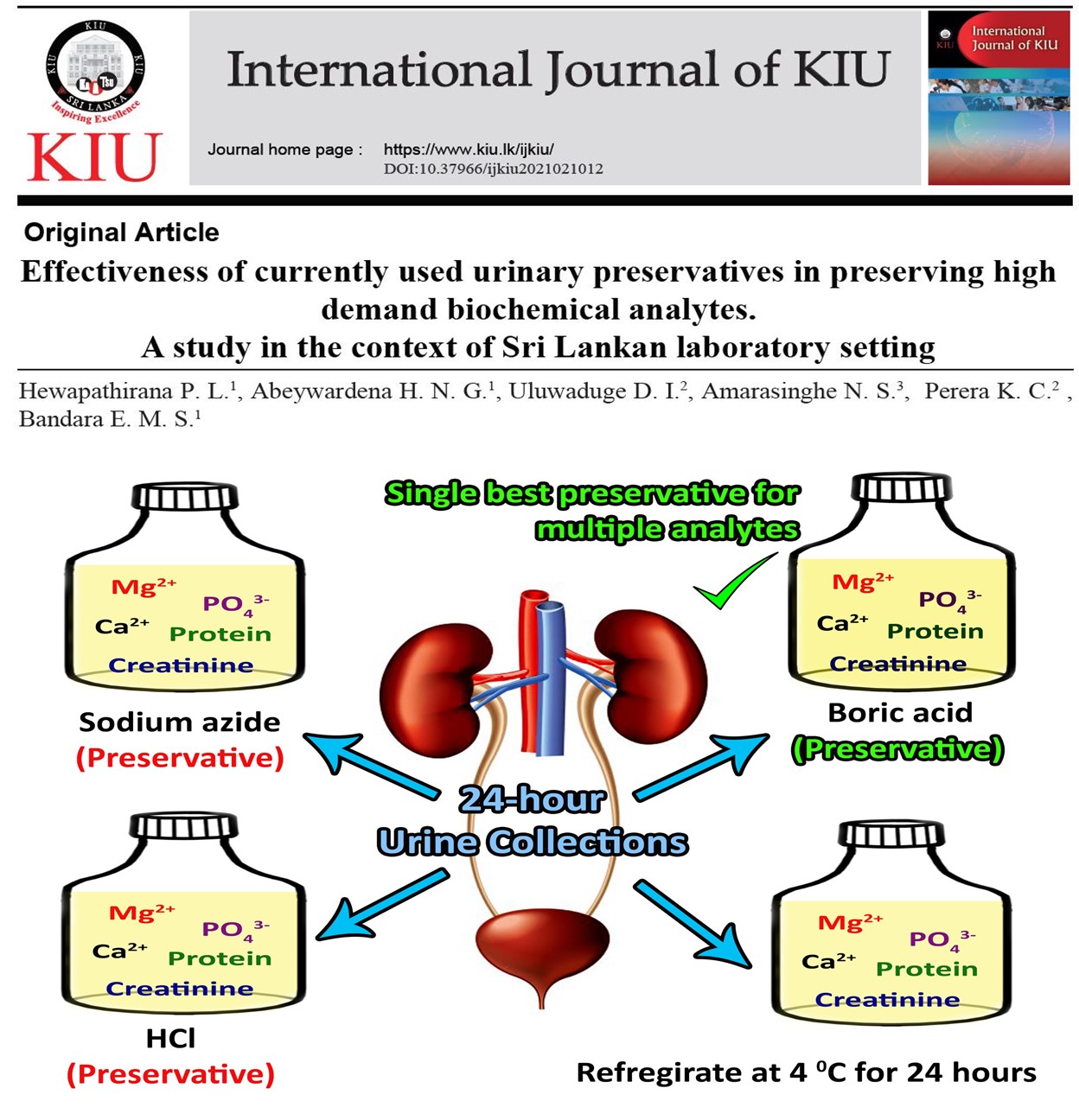A brief review on genetics of opioid receptors in opioid addiction
Opioid addiction
is a chronic mental illness that manifests itself through several relapses and
remissions throughout the course of an addict's life. Over the last few
decades, opioid addiction has developed into a significant public health
epidemic.
Classical
molecular genetics research has limited the opioid receptor family down to
three major subtypes: mu (μ), kappa (κ), and delta (δ) opioid receptors, which
are encoded by the OPRM1, OPRD1, and OPRK1 genes. Individuals'
opioid addiction is regulated by this OPRM1, OPRD1, and OPRK1 genes
via a reward system route, including the dopaminergic system. Furthermore, when
opioid ligands attach to these receptors, it produces euphoric and rewarding
effects. Numerous research has been conducted on the single nucleotide variations
(SNVs) of these genes in several ethnic groups. The majority of the studies had
focused on the OPRM1 gene and its variants. Therefore, this article will
summarize recent research on opioid receptor genetic variants associated with opioid
addiction and emphasize the relevance and importance of investigating gene
variants to ascertain genetic predisposition.
Keywords
OPRM1
,
OPRD1
,
OPRK1
,
opioid addiction
,
rs1799971









Related Articles